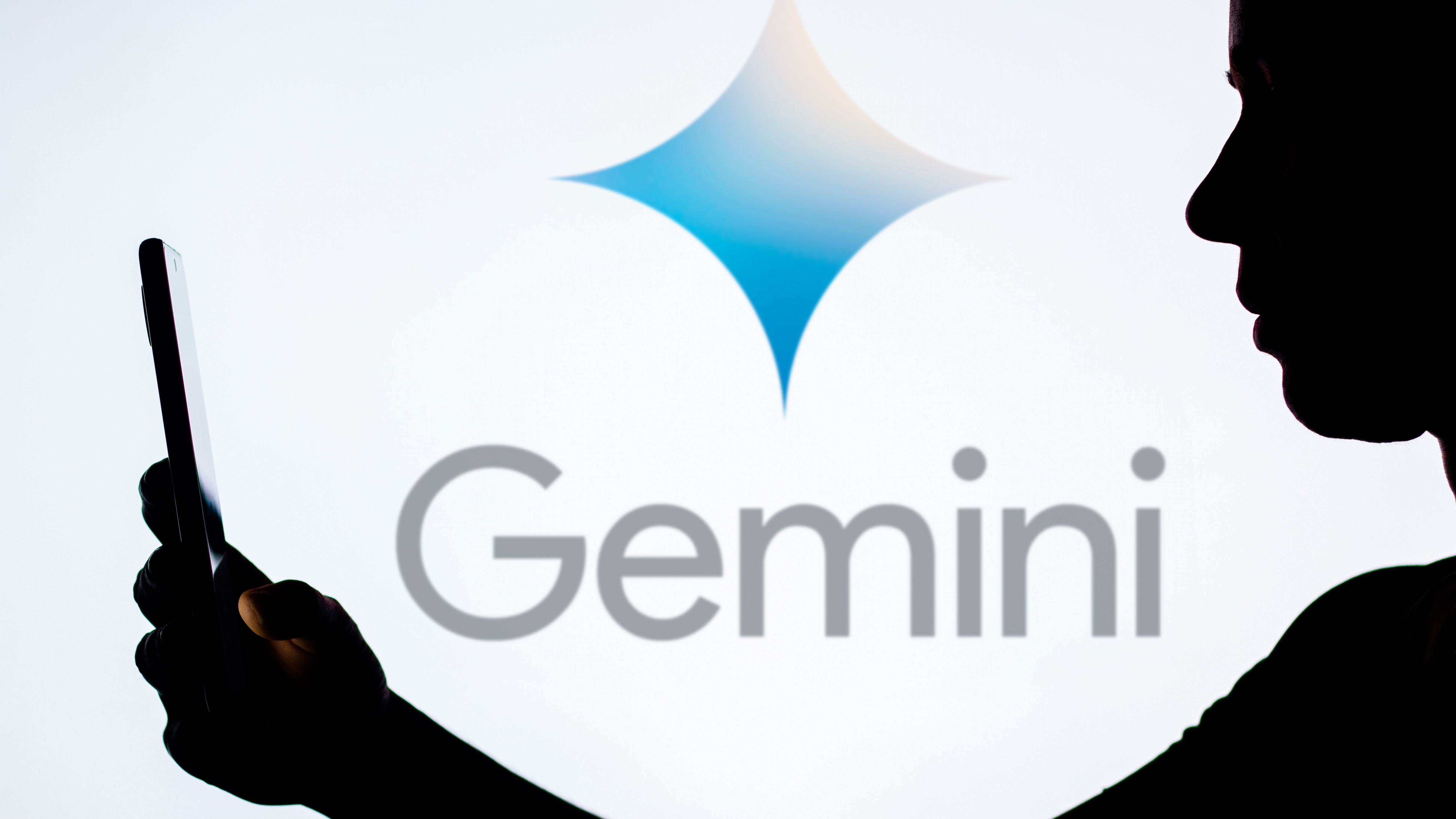I used NoteBookLM to help with productivity - here’s 5 top tips to get the most from Google’s AI audio tool
Personal podcast pals

The idea of AI podcasts built from whatever documents you have lying around still feels like a trick of some kind, but Google's NotebookLM has shown me repeatedly that it can make informative, if not always lively, audio episodes on whatever subject I like.
The concept is simple: texts and transcripts become conversations among AI characters. They might casually discuss your research, breaking it down in an engaging, digestible way. You can even jump in, ask questions, and guide the discussion if you want.
But setting up NotebookLM to provide the best episode isn't necessarily intuitive. So, if you're a big audio learner or simply have many long car rides coming up, here are some tips to make the best fake podcasts possible.
Gather all your sources first
Before diving into any project, one of the best things you can do is gather all your materials in one place. We all like to think we’ll remember which tab we left open for later, but we won’t. The beauty of NotebookLM is that it functions best with as much context as possible, so uploading everything relevant in a single notebook helps it find connections, identify patterns, and deliver meaningful insights.
For my gardening plans, it was like having two expert gardeners discuss my exact research – except I didn’t have to chase them down at a plant nursery. Instead of clicking through multiple articles, I got a clear, organized breakdown of what I needed to know, making it easier to retain and act on.
Ask follow-ups
NotebookLM's podcasts aren't just passive, either. You can turn them into an interactive call show. Whenever the AI podcast brings up something interesting or unclear, you can take advantage of the ability to ask follow-up questions. This will help you refine the information and tailor it to your needs.
For my garden plans, the fertilizer discussion confused me a bit, but I jumped in and asked what to use for the kinds of veggies I wanted to grow. Then, the AI hosts immediately started answering my question before returning to the broader topic.
Get daily insight, inspiration and deals in your inbox
Sign up for breaking news, reviews, opinion, top tech deals, and more.
Tailored episodes
NotebookLM’s podcast feature isn’t one-size-fits-all. You can tailor it based on what’s most important to you. Since I wanted a low-maintenance garden, I adjusted my NotebookLM session to focus on drought-resistant plants and natural pest control.
The AI picked up on this and emphasized strategies like mulching and using marigolds to deter insects. If you have a different goal, like maybe maximizing vegetable yields or growing flowers for aesthetic appeal, you can make whole new episodes that cover those elements alone.
'Hire' the right voices
I quickly realized that the AI-generated podcast sounds even better when you tweak the voice settings to match your preferences. NotebookLM offers different pacing and tones, and adjusting them can make a huge difference in how engaging and digestible the content feels.
For example, I found that setting the voices to a slightly slower pace helped me absorb the information better, especially when dealing with detailed gardening instructions. You can also break long episodes into smaller chapters. You can hear a good overview example from my gardening podcast experiments below.
You might also like

Eric Hal Schwartz is a freelance writer for TechRadar with more than 15 years of experience covering the intersection of the world and technology. For the last five years, he served as head writer for Voicebot.ai and was on the leading edge of reporting on generative AI and large language models. He's since become an expert on the products of generative AI models, such as OpenAI’s ChatGPT, Anthropic’s Claude, Google Gemini, and every other synthetic media tool. His experience runs the gamut of media, including print, digital, broadcast, and live events. Now, he's continuing to tell the stories people want and need to hear about the rapidly evolving AI space and its impact on their lives. Eric is based in New York City.
You must confirm your public display name before commenting
Please logout and then login again, you will then be prompted to enter your display name.